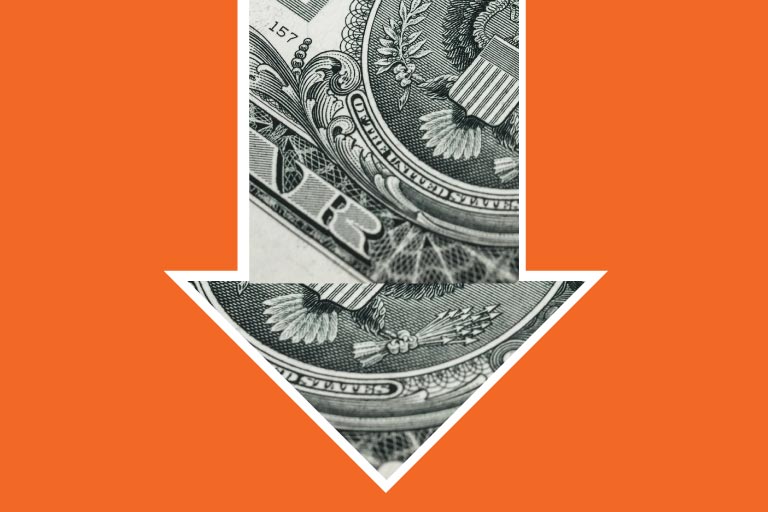
The NFCC often receives readers questions asking us what they should do in their money situation. We pick some to share that others could be asking themselves and hope to help many in sharing these answers.
I am coming into a large sum of cash and I want to pay off some debt. Is it better to stagger paying off each item or is it better to pay it all off at once?
Coming into a large sum of cash can help pay some debts, save, and invest for the future. So, it is an excellent time to create a plan and make the most of your money. Paying your debts off at once has many advantages. It will save you money on interest and boost your credit score by reducing your credit utilization ratio, which can be a win-win situation. However, what’s best for you will depend on your overall financial circumstances, the nature of your debts, and your goals. For instance, if you don’t have enough savings or are not financially stable, it would be a good idea to stagger your payments, allocating some of your money to establish a savings account.
Strategies to pay off your debt
Before choosing a strategy to pay your debt, you must understand why you have credit card debt. Give it some thought. Were you dealing with a financial crisis? Are you spending more than you make? Be honest with yourself and refrain from any judgment. Understanding your spending patterns and how you manage your credit can help you find unhealthy financial habits you may need to improve. If you don’t adjust the unhealthy habits, you can land right back where you are even after paying all your debts.
There are many ways to pay your debts, including DIY repayment methods or working with professionals. It’s recommended to work with a professional if you have considerable debt and don’t feel comfortable working on your own. But, many people feel confident managing their debt repayment strategies. It only requires a plan, discipline, and a steady income.
The two most popular self-managed repayment methods are the snowball and the avalanche. Both methods require making additional payments on one debt while making the minimum payment on all of the others. If you are debts are mostly credit cards, you should plan to stop using them during the repayment period since it’s challenging to pay off a balance that keeps increasing every month. Each method has pros and cons, so choose the one that works best for you.
Snowball Method
The snowball offers visible results relatively quickly, which could help you stay motivated during the debt repayment period. This method requires that you make extra payments on the debt that has the smallest balance first. Once you pay it off, you roll over those funds to the following debt with the smallest balance and so on until you pay them all. How long it takes to pay down your debts will depend on how much extra money you can allocate for repayment each month and how much debt you have.
Avalanche Method
Although you won’t see results as quickly as with the snowball method, the avalanche will help you save the most in interest. With this approach, you make extra payments on the debt with the highest interest rate first, and once you pay that one-off, you roll over those funds to the following account with the highest APR and so on until you pay them all off.
Mathematically speaking, it’s more advantageous to use the avalanche to save more on how much you pay on interest and cut down the repayment period. But, if you find it challenging to stick to a self-repayment strategy, you may benefit from seen results right away using the snowball. Most importantly, no matter the method you choose, you can pay your debt over time, save on interest, and keep some of the money coming your way for emergencies.
However, as important as it is to pay off debt is staying out of debt. Prioritize paying your debts while you work on any financial habits that may need improvement. Using your credit thoughtfully is easy once you learn how. If you would like assistance with managing your debt or learning how to use your credit, you can talk to an NFCC Certified Financial counselor by visiting NFCC.org or calling 800-388-2227. Good luck!